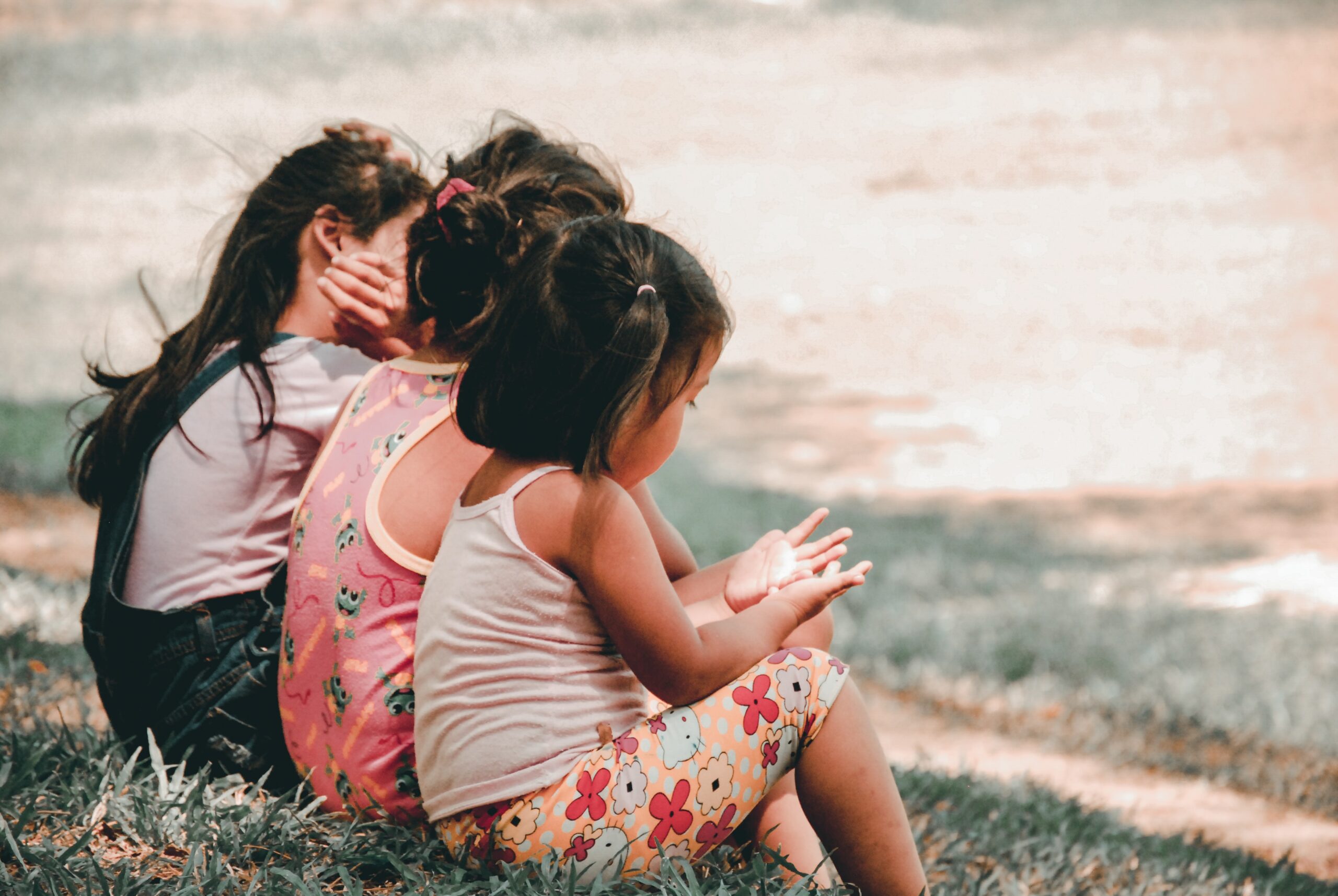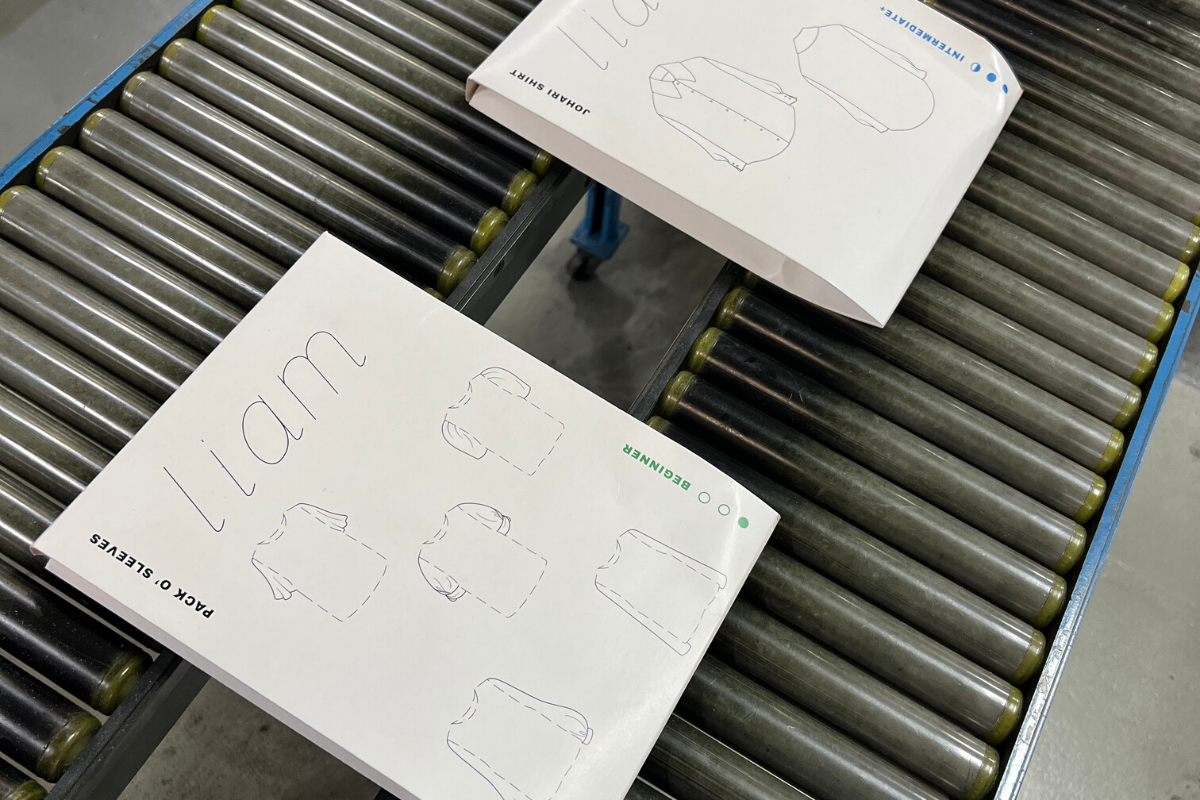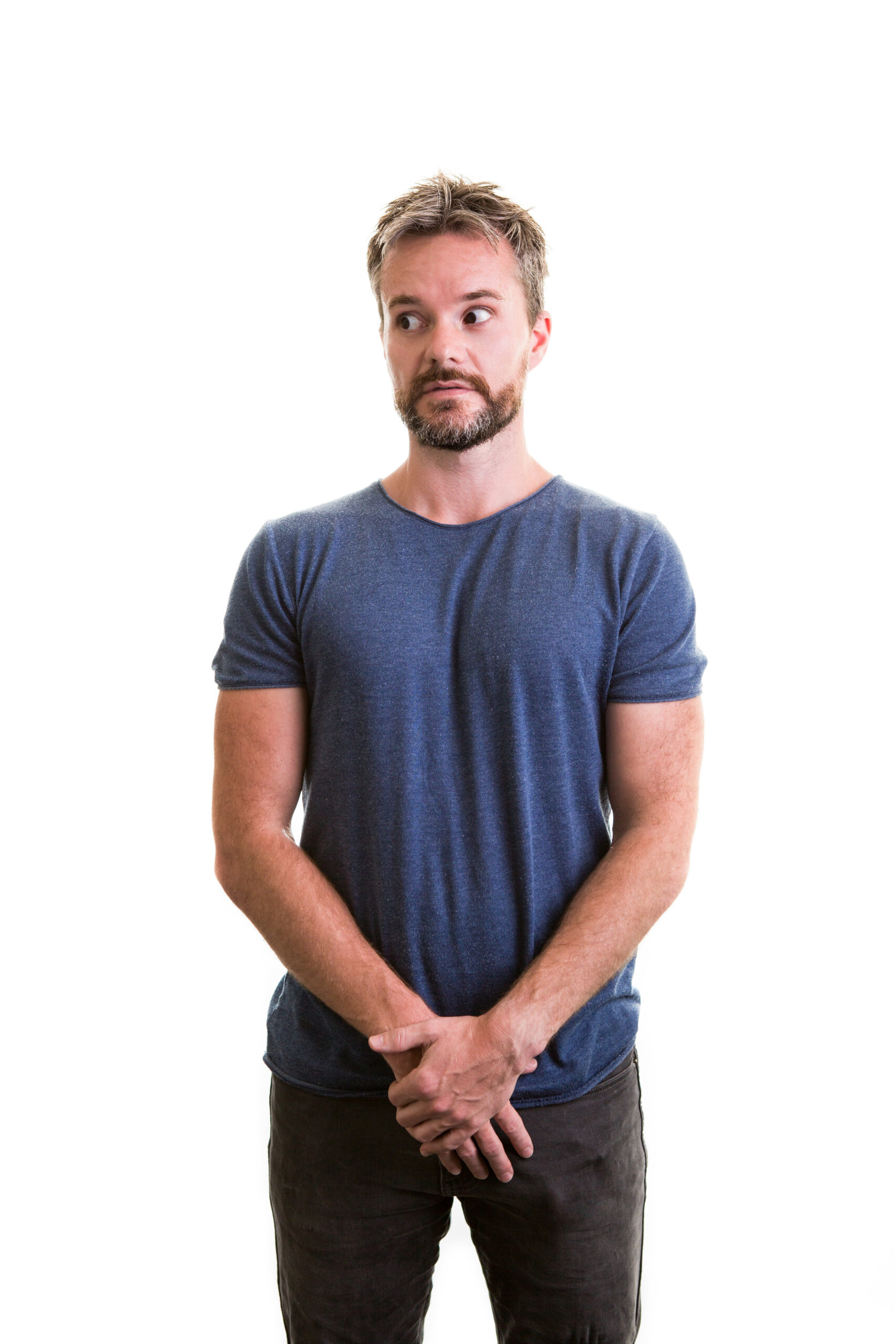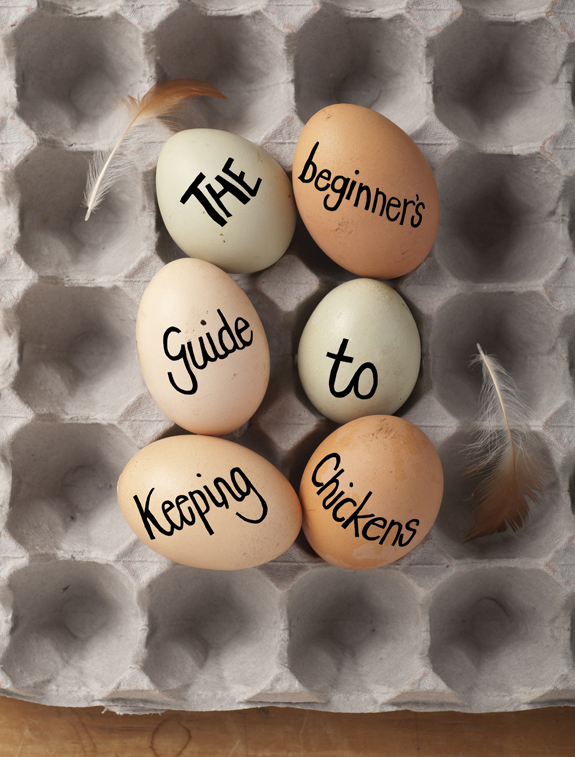A collection of essays by writers without children.
In Aotearoa, the number of people who will never have children is growing and many of them are pushing back against the narrative that if they don’t have children their lives will be somehow ‘less than’.
A new book, Otherhood, released in time for Mother’s Day, is a collection of essays by writers without children (published by Massey University Press) which explains how some of them chose to be childfree, how some didn’t get to choose, and how some through bereavement or blended family dynamics – ask themselves: Am I a mother or am I other?
It’s a thought-provoking, moving, beautifully written and often hilarious book that opens up a more inclusive conversation about what makes a fulfilling life.
Edited by Alie Benge, Kathryn van Beek and Lil O’Brien, who bonded on social media after they’d read Kate Camp’s essay ‘No Miracle Baby to See Here’, a throwaway comment led the trio, who had never met before and live in different parts of the world, to take up the challenge of bringing writers together to create this candid, empathetic, generous and brave collection.
A crowdfunding campaign to pay the book’s contributors showed how deeply the topic resonated; half the required money was raised on the first day!
JOIN OUR KORERO WITH ALIE, KATHRYN AND LIL HERE:
What are the demographic stats on childlessness and household units with or without children?
K: Fertility rates are falling across the developed world, and the number of adults without kids is rising.
L: I found some quotes that I find quite funny because they sum up some of the drive behind Otherhood. Richard Johnson, from the Urban Institute in Washington, D.C. said this about a 2016 study that found fewer people are having children: ‘. . . norms have been shifting, making childlessness “more acceptable” than it was two decades ago, when childless couples were frequently viewed as odd or peculiar.’
And from a survey referenced by the Pew Research Center: ‘Most adults disagree that people without children “lead empty lives . . .” A difference from 1988, when only 39 per cent agreed that childfree people weren’t living empty, empty lives’.

Why did this book need to be written? Do people without kids still face stigma today?
K: Having kids is so normal, so expected, that the question ‘Do you have kids?’ is often used as an icebreaker – but the people who’ve asked the question don’t always know how to respond to you when you answer in the negative. So yes, there’s still a surprising amount of stigma.
L: The book needed to be written simply because we need more stories of people who don’t have children – whether by choice or not – or who have children in their lives but for whom the answer to the question ‘Do you have children?’ isn’t as simple as ‘yes’ or ‘no’. Yes, Otherhood is an acknowledgement of the heartache and heartbreak that some people who are childless have, and may carry with them for a long time. But I think we also wanted it to be a safe space for people to be able to go, ‘Thank fucking god I don’t have children, yahoooooo!’ That kind of open joy in being child-free still feels transgressive in many spaces.
A: And because we’re still being told we’re selfish!
How did you scope out the range of contributors?
K: We put out an open call for essays, and chose stories that we think will reflect a wide range of experiences. Selecting the essays was really tough, and I think we each had a couple of personal favourites that didn’t make it into the final pages of the book.
L: Yeah, sometimes I still think about the essays that didn’t make it in when I can’t sleep at night.
A: We also did the awkward thing of approaching writers we admire to say ‘It seems like you don’t have kids, is that something you’d want to write about?’ and hoped they wouldn’t be wounded by the request.
L: Most of those people were like ‘Oh hell yeah, I’ve got some thoughts on this matter!’ It was clear we’d struck a rich vein of feeling.

Affirmation, acceptance, solace . . . What do you want those who are ‘others’ to find in Otherhood?
K: Parents naturally find communities of other parents through their kids. When you don’t have kids, it can be harder to find other people who share your experiences. We hope this book will provide a sense of community for our readers.
L: I love that people find different meanings in different places when they read a book, so I can’t wait to hear feedback. But I would love it if at least one person out there had the reaction of: ‘Oh wow, this is how I feel, and I’ve never seen it voiced before.’
A: I want people to see that there are so many ways to have a meaningful and satisfying life, even if it’s one you wouldn’t have chosen for yourself.
As you worked on this project, and perhaps identified with particular essays, did it help each of you in those same ways as above?
K: I tried to find some support when I was going through IVF and infertility, but most of the other women in the group I joined actually seemed to have kids! That was a bit hopeless, but meeting Alie and Lil and joining the Otherhood community made me feel ‘seen’ in a way I hadn’t felt previously.
L: Having done some of your own healing is important before you try to create or write anything around your experiences. I’ve heard Alie say before that you can’t process your trauma on the page. I probably couldn’t have done this project a couple of years ago because I hadn’t resolved my own feelings about my fertility journey enough to put it into a digestible form for readers. In my editor role I’ve had some really bonding moments with the people whose essays I edited. It’s been cool to experience the editor–contributor relationship and how it can be about helping them feel seen and heard as much as it is about grammar and structure.
A: The first time I wrote about being childfree by choice I was very uncertain and felt like it wasn’t ‘the right thing to do’. Writing a new essay for the book and hearing everyone else’s stories made me feel so sure I’d made the right choice, and I wasn’t doing anything ‘wrong’ by not having kids. That’s why it’s so important to hear other people’s stories, to see that the major narrative we’re given isn’t necessarily the only one available to us.
L: It’s been an honour for people to trust us with their stories. Writing about hard or personal things is a baller move that I respect immensely. I think people are going to be really moved by this book.
Read more here:
https://goodmagazine.co.nz/being-child-free/
Alie Benge, Lil O’Brien and Kathryn Van Beek will be appearing along with some of the book’s contributors at the Auckland Writers Festival 14 – 19 May. For more information and tickets visit www.writersfestival.co.nz.







